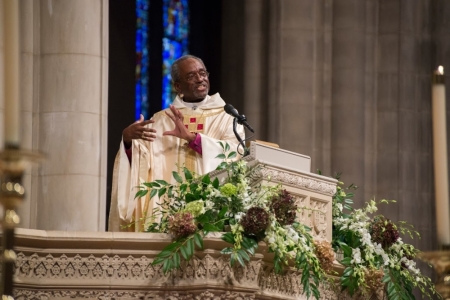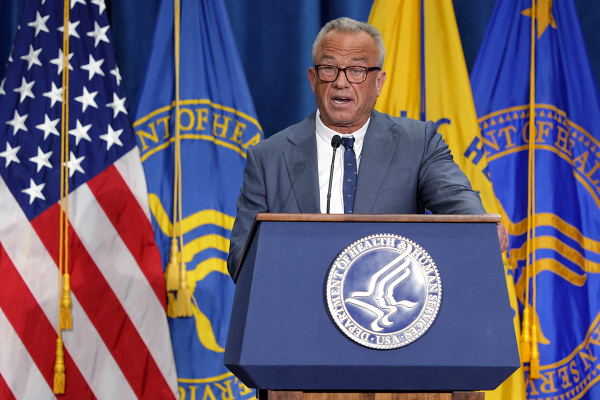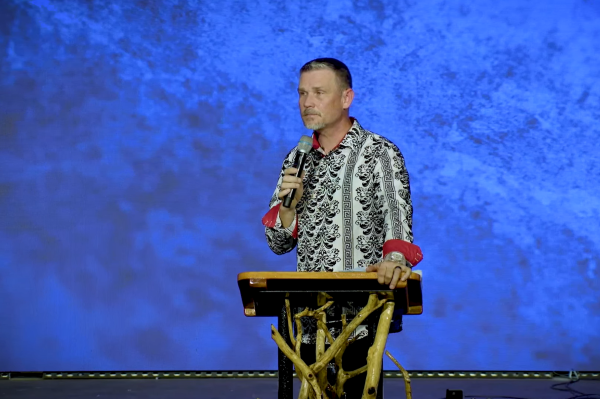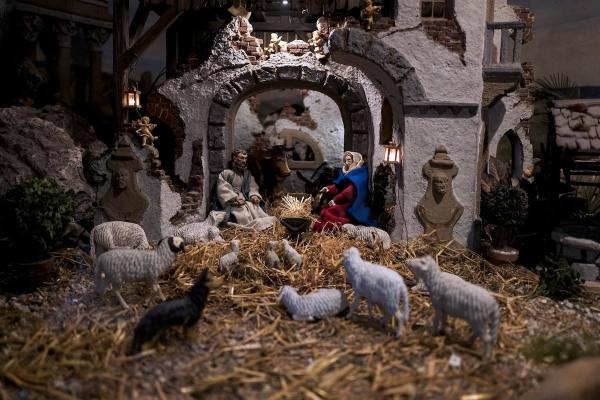Episcopal Church rejects proposal to relocate 2024 General Convention over abortion ban

The Episcopal Church has rejected a resolution that would have prohibited the mainline denomination's 2024 General Convention from meeting in Kentucky due to the state's abortion ban.
At the 80th General Convention in Baltimore, Maryland, the theologically liberal denomination's House of Deputies voted 377-408 on Saturday to reject Resolution D054, effectively killing the proposal.
The resolution would have called on the denomination "to consider the relocation of the 81st General Convention" in 2024 to "a venue that commits to an 'equitable access to women's health care, including women's reproductive health care,' which we view as 'an integral part of a woman's struggle to assert her dignity and worth as a human being.'"
The resolution cited the plans for the 81st General Convention to be held in Louisville, Kentucky, a state with a "trigger law" that bans abortion in most circumstances after the U.S. Supreme Court overturned Roe v. Wade.
The law is currently on hold via court order, as Kentucky's two abortion providers have sued the state government, claiming it violates the state constitution.
On Saturday, the proposed resolution garnered about an hour of debate, with lay deputy Maria Gonzalez of the Episcopal Diocese of Olympia being among the supporters.
"I believe it is unfair to ask people who are pregnant or may become pregnant to come to a convention where they may not be able to access reproductive health care, care which is critical and which can be lifesaving," she said, as quoted by Episcopal News Service.
The Rev. Barbara Merrick, a deputy representing the Episcopal Diocese of Kentucky, argued against the resolution, believing that moving the location would be counterproductive.
"We have an opportunity in the House of Deputies to shed light on the darkness of laws that are unjust," said Merrick, as quoted by ENS.
"[W]e have been working for several years to prepare for the 81st General Convention. Untold hours and dollars have been spent making the 81st a wonderful experience."
On June 24, the U.S. Supreme Court issued a 6-3 decision in Dobbs v. Jackson Women's Health Organization. Ruling in favor of Mississippi's 15-week abortion ban, the court deemed that the U.S. Constitution doesn't confer a right to an abortion and effectively allows states to decide their own abortion laws.
"We hold that Roe and [Planned Parenthood v. Casey] must be overruled. The Constitution makes no reference to abortion, and no such right is implicitly protected by any constitutional provision," wrote Justice Samuel Alito for the majority.
"Roe was egregiously wrong from the start. Its reasoning was exceptionally weak, and the decision has had damaging consequences. And far from bringing about a national settlement of the abortion issue, Roe and Casey have enflamed debate and deepened division."
While some Christian leaders celebrated the decision, Episcopal Church Presiding Bishop Michael Curry wrote on Twitter that he is "deeply grieved by it."
"I have been ordained more than 40 years, and I have served as a pastor in poor communities; I have witnessed firsthand the negative impact this decision will have," he tweeted.
"This is a pivotal day for our nation, and I acknowledge the pain, fear, and hurt that so many feel right now. As a church, we stand with those who will feel the effects of this decision — and in the weeks, months, and years to come."
By contrast, the Anglican Church in North America, a denomination that many conservative Episcopalians have joined over the years, celebrated the Supreme Court decision.
"While this decision doesn't end abortion in the U.S., it will lead to fewer children being killed through abortion. We thank God for this limited victory," stated ACNA Archbishop Foley Beach.
"[T]he Anglican Church in North America recommits itself to serving mothers so they can embrace motherhood and welcome their children. We also continue to point the way to God's healing and forgiveness for all who suffer physically and emotionally from their abortion experiences."





















